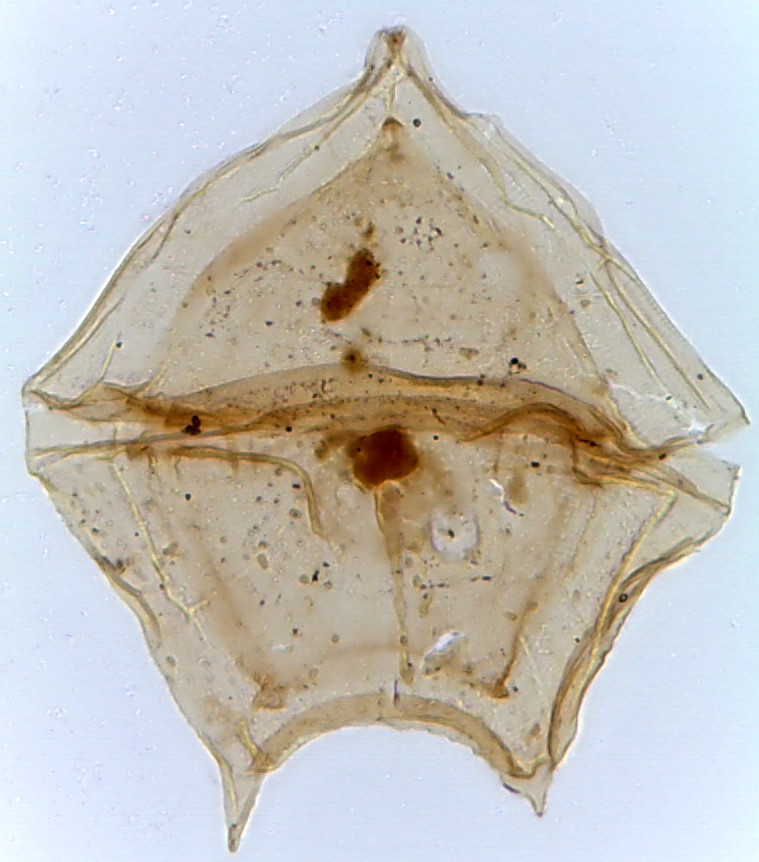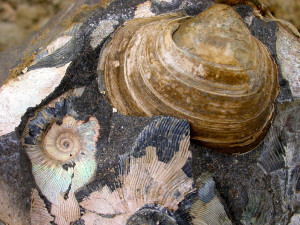Impact of global disturbances on evolution of polar life
PALEOPOLAR: Impact of Global Disturbances on the evolution of life in the polar regions during the early Cenozoic
- Start date
- 12 January, 2011
- End date
- 31 December, 2015
The rise to prominence of many modern groups of plants and animals through the Cenozoic era has always proved something of a paradox; why should global biodiversity show such a steep increase just as climates were deteriorating? It is possible that at least part of the answer to this question lies in the regionalisation of biotas, with higher extinction rates towards the poles being balanced, or exceeded, by higher speciation in the tropics. Such a process would in turn be an important mechanism underpinning the formation of polar – equatorial gradients in taxonomic diversity through to the present day.
The PALEOPOLAR project has been looking at the balance between speciation, extinction and dispersal in both the high- and low-latitudes at selected time intervals through the early Cenozoic era. Biological change is being assessed from the latest Cretaceous (Maastrichtian stage) across the K-Pg boundary into the mid Paleocene. The focus is on a new dataset from Seymour Island, Antarctica, one of the best-exposed K-Pg sections in the world. Biotic recovery patterns during the earliest Paleogene are being linked to palaeoenvironmental and palaeoclimatic changes using palynology and macrofossil community analyses, sedimentology, geochemistry and climate modelling. By adopting a multidisciplinary approach we hope to throw important new light on how Early Cenozoic biotic and climatic events helped shape some of the major patterns of life on Earth at the present day.
External project participants:
British Geological Survey: Daniel Condon, James Riding
GEUS (Geological Survey of Denmark and Greenland): Jon Ineson
University of Bristol: Professor Daniel Lunt, Claire Lopston (Ph.D. student)
University of Cambridge: Elizabeth Harper
University of Leeds: Joanna Hall, Laura Tilley, James Witts (Ph.D. students)
University of Oxford: Stuart Robinson, Charlotte O’Brien


![Paleocene fossil wood with annual growth rings, Seymour Island, Antarctica. [V. Bowman]](https://www.bas.ac.uk/wp-content/uploads/2015/07/VCB-fossil-wood-300x225.jpg)